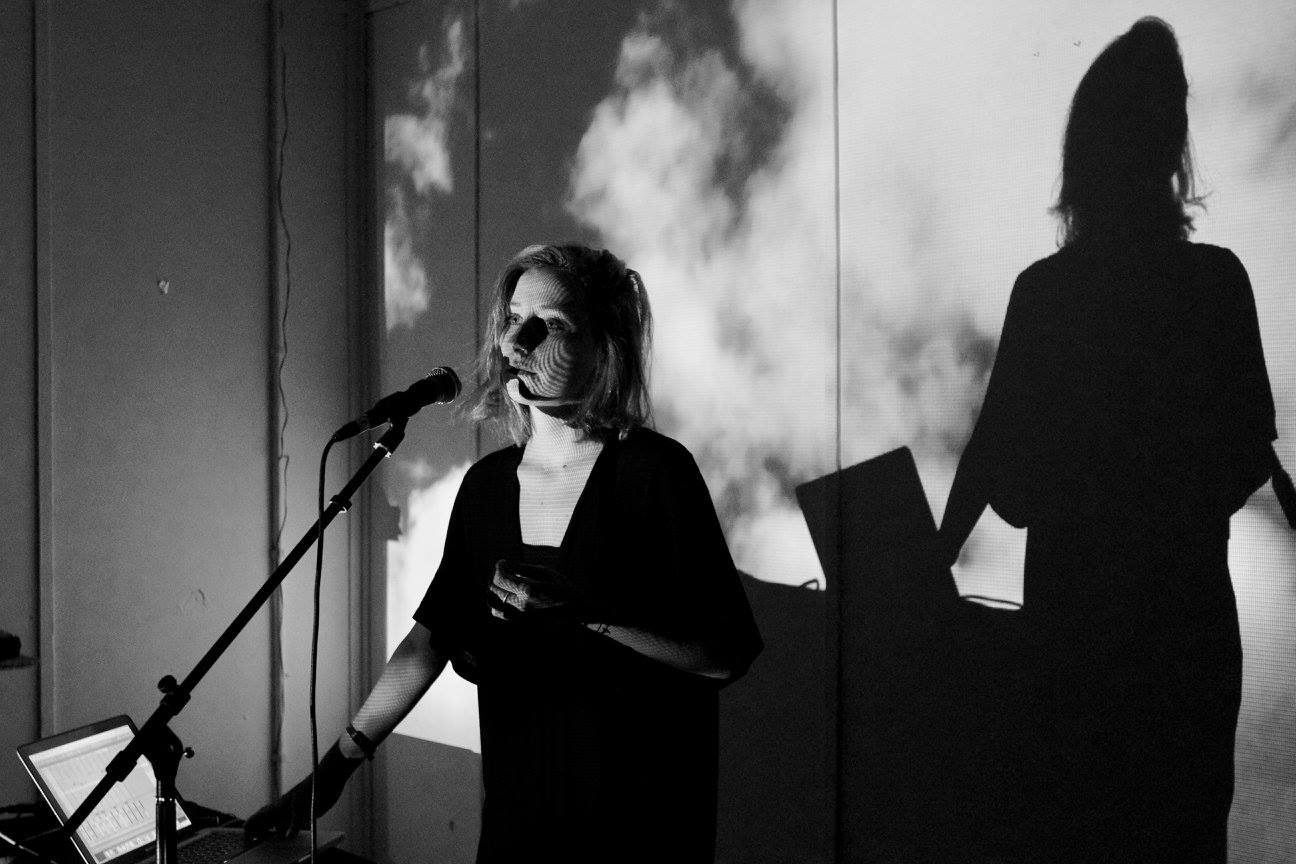Constance Keane is an exile from Ireland. The musician, who goes by the name Fears, has been living in London on and off for two years now. Why? Because it just does not pay to be a musician in Ireland. Or any artist for that matter. Keane is a rising star who hails from Shankill in Co Dublin. This year, she released her debut album Oíche, and as well as a new EP as a member of M(h)aol, an Irish band based in the UK. She said none of this success could be achieved if she lived in her home…
Cancel at any time. Are you already a member? Log in here.
Want to read the full story?
Unlock this article – and everything else on The Currency – with an annual membership and receive a free Samsonite Upscape suitcase, retailing at €235, delivered to your door.

